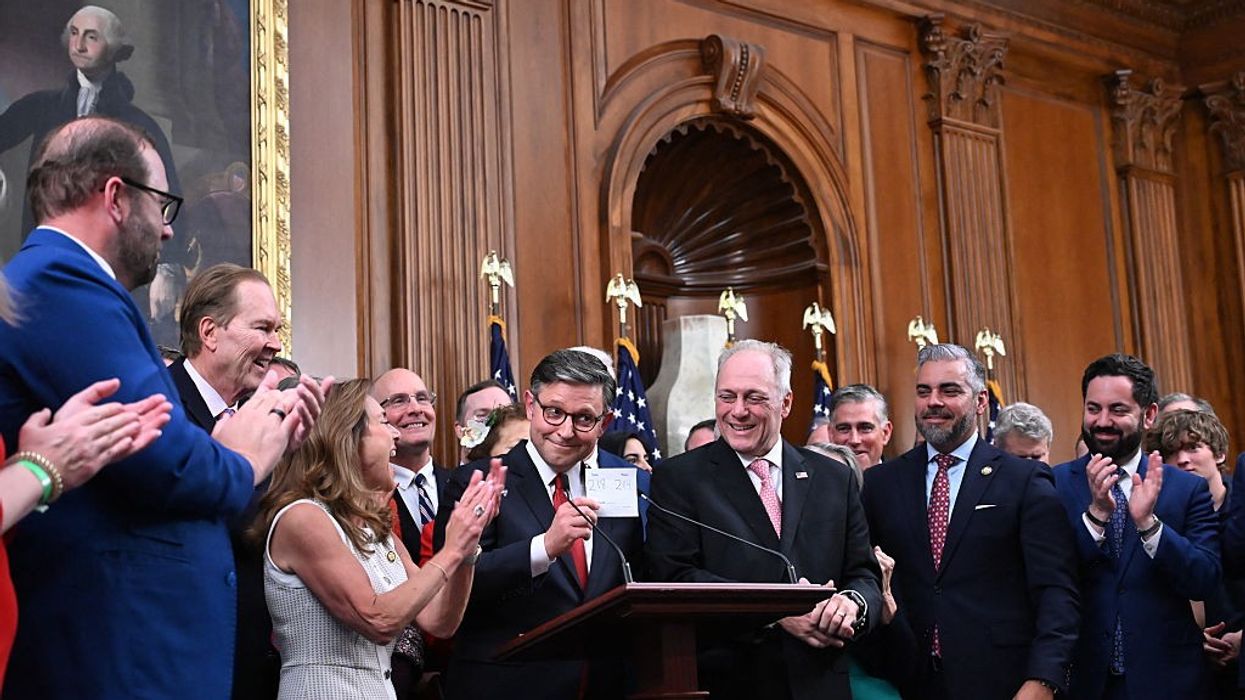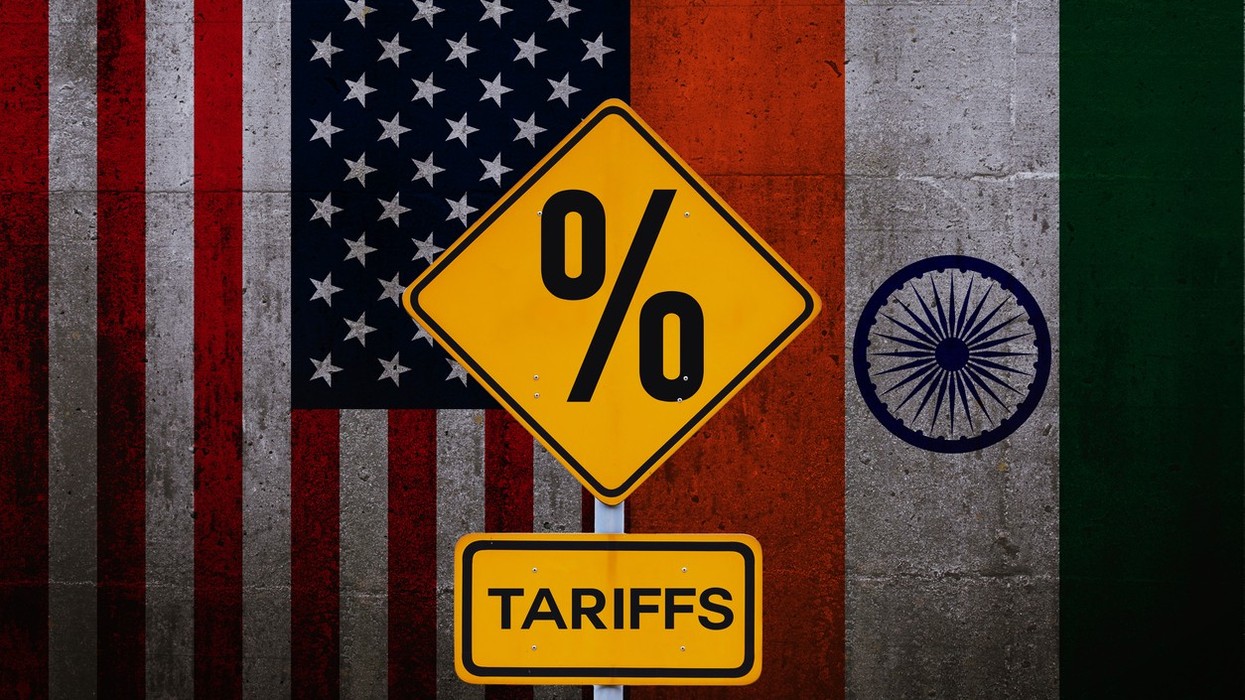In a major legislative win for President Donald Trump, the US Congress has passed a sweeping tax and spending bill, marking a significant milestone for his domestic agenda. The House of Representatives approved the bill by a narrow margin of 218 to 214 on Thursday afternoon, following its passage in the Senate by just one vote earlier in the week. Trump had set a July 4 deadline for the Republican-controlled Congress to deliver the bill for his signature, and he is expected to sign it into law during a ceremony on Independence Day.
Key Provisions and Financial Impact
The legislation is notable for its scale and ambition. It makes permanent Trump’s 2017 tax cuts and eliminates taxes on tips, overtime, and Social Security recipients, fulfilling two of his major campaign promises. These tax changes alone are projected to cost $4.5 trillion over the next decade. Additional spending includes $150 billion for border security and immigration enforcement, and another $150 billion for military expenditures, including the president’s “gold dome” missile defense program.
To offset some of these costs, the bill enacts deep cuts to food benefits, health care, and clean energy tax breaks. The Congressional Budget Office estimates that the bill could add $3.3 trillion to federal deficits over ten years and leave millions without health coverage—a projection disputed by the White House.
Political Drama and Party Divisions
The bill’s passage was far from smooth. Republican Speaker Mike Johnson credited “belief” and party unity for the victory, though he acknowledged the challenge of rallying support from within his own ranks. Representative Chip Roy of Texas, initially a vocal opponent, ultimately voted in favor after last-minute negotiations, though the House made no changes to the Senate version. Only two Republicans—Thomas Massie and Brian Fitzpatrick—voted against the bill.
Democratic House Minority Leader Hakeem Jeffries delayed the final vote with a record-breaking eight-hour, 45-minute speech, criticizing the bill’s impact on poor Americans and vowing to “take his sweet time on behalf of the American people.”
Reactions and CriticismThe bill has drawn sharp criticism from Democrats, who argue it prioritizes tax cuts for the wealthy at the expense of vulnerable Americans. Former Speaker Nancy Pelosi called it a “dangerous checklist of extreme Republican priorities,” while other Democrats decried the loss of health and food benefits for millions.
Despite the opposition, Republican lawmakers celebrated the bill’s passage with chants of “USA! USA!” on the House floor. Trump, speaking to reporters, declared the bill would “turn this country into a rocket ship” and hailed it as a great achievement for the nation.
The fate of the so-called “big, beautiful bill” was uncertain until the final hours, as internal Republican divisions threatened to derail it. Trump himself intervened with a late-night message urging party unity. Ultimately, the bill’s passage marks a major legislative victory for Trump and the Republican Party, but the debate over its long-term impact on the economy, social programs, and the federal deficit is just beginning.
















